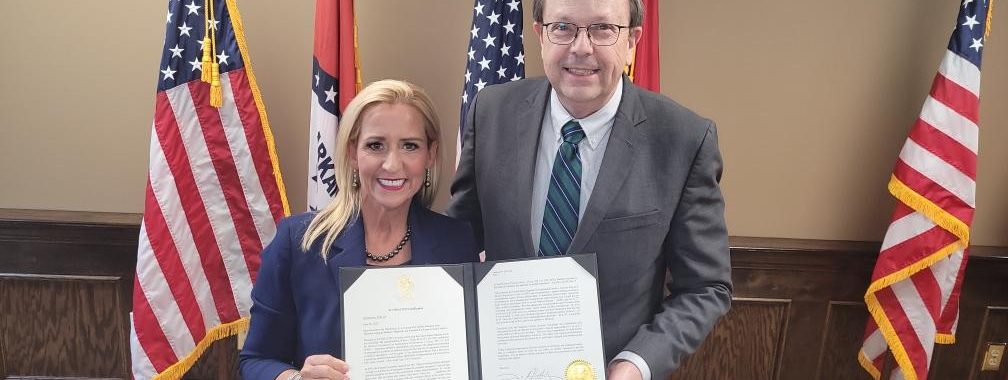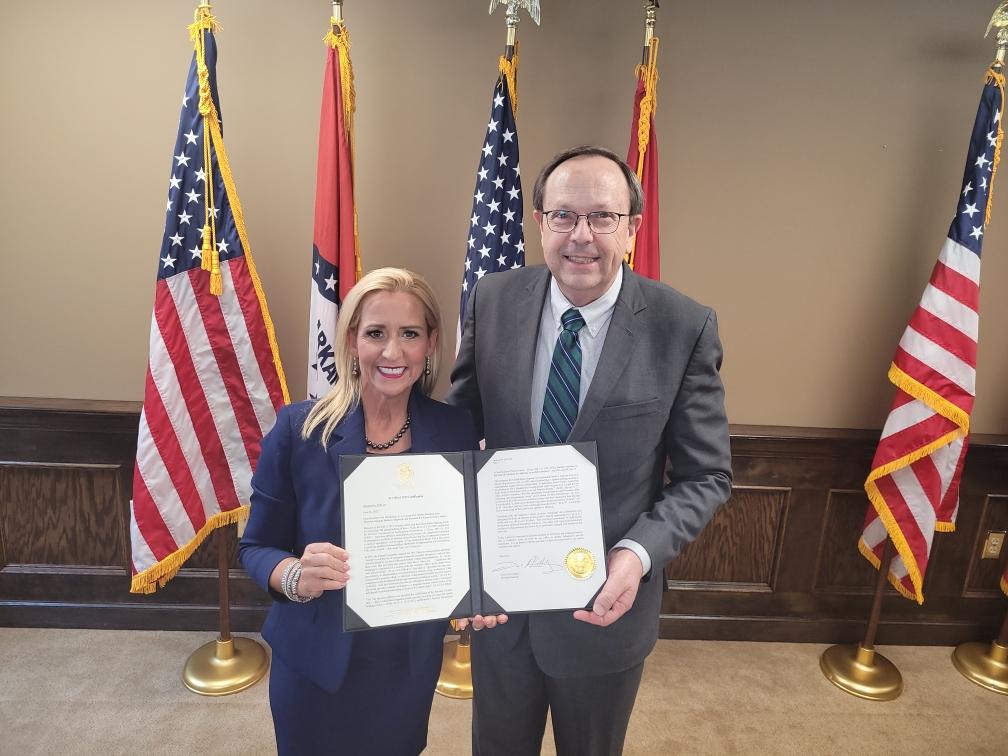The EU Is Mad About Dobbs

France is pretty mad at the United States. In fact, the entire European Union is mad, so mad actually, they wrote a strongly worded letter. Earlier this month the EU passed a resolution condemning the United States Supreme Court’s ruling in the Dobbs abortion case, which overturned Roe v. Wade and sent the matter of abortion restrictions back to individual state legislatures.
Parliamentarians said the Dobbs ruling showed that “women’s and girls’ rights” are under attack. The strange part is that the Mississippi law which sparked the Dobbs case restricts abortion after 15 weeks of pregnancy. That’s one week later than France’s law, which restricts elective abortions after 14 weeks.
It gets weirder: The EU’s condemnation also warns the Dobbs ruling could embolden “anti-gender” groups around the world. But if abortion is about the rights of “women and girls,” that implies we know how to define “woman” and “girl.”
It’s all a silly bit of posturing, but if the EU is worried Dobbs will change the world, I hope they’re right.
Copyright 2026 by the Colson Center for Christian Worldview. Reprinted from BreakPoint.org with permission.





